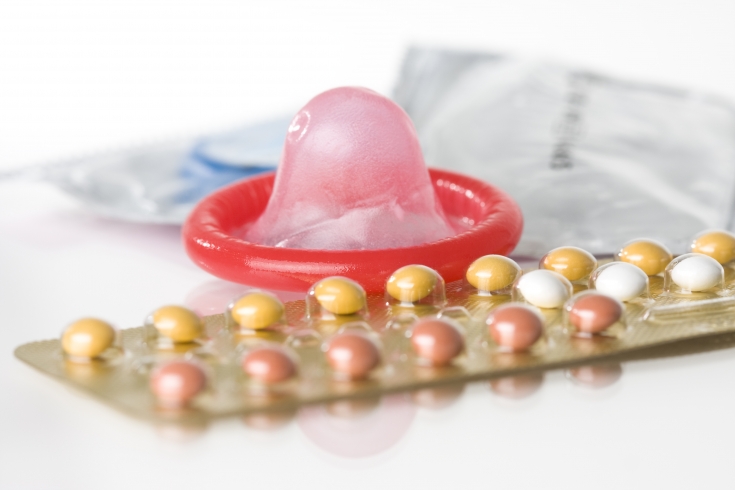Despite the fact that today there are a large number of various methods of contraception, unwanted pregnancy is a pressing problem of our time. According to the WHO, about six million cases of unplanned pregnancies are registered every year. Most of them end in an abortion.
Therefore, advising women and couples on the choice of the best method of contraception in each individual case – one of the main tasks of a gynecologist. Read about what mini-pills are, their mechanisms of action, rules for taking and possible side effects on estet-portal.com in this article.
Minipills: how do they differ from combined oral contraceptives
Mini-drank – hormonal contraceptives, which include small doses of progestogen. These drugs do not contain estrogen, which distinguishes them from combined oral contraceptives. The mechanism of action of the mini-pill is to increase the viscosity of the mucus of the cervical canal, reduce the thickness of the endometrium and inhibit the synthesis of luteinizing hormone by the pituitary gland.
Minipills are effective and safe contraceptives.
Non-combined contraceptives can be recommended as part of family planning for women for whom estrogens are contraindicated.

Mini-drinks: what you need to tell the patient about the rules for taking medications
The key to the effectiveness and safety of contraceptive is its correct and competent use in each individual case. It is best to start taking non-combined oral contraceptives in the first five days of the menstrual cycle. If the drug starts later, it is worth using an additional method of contraception, for example, barrier, for 48 hours.
Mini-drank is taken once a day, it is important to do this at the same time every day and continuously. If a woman has forgotten about the timely intake of a contraceptive, it is necessary to take the drug immediately, and also use an additional method of contraception for another 48 hours.
Which side effects of the minipill should the patient be warned about
Despite all the advantages of using non-combined oral contraceptives, it is necessary to warn the patient about the possible side effects of these drugs.
The most common side effects that are observed as a result of taking the mini-pill include:
- bloody discharge early in drug administration, possibly heavy bleeding;
- irregular menses;
- amenorrhea;
- Headache.
Reception of non-combined oral contraceptives is rarely accompanied by severe side effects of the drug. However, the potential for them to occur must be taken into account.
In the event of severe side effects of the drugs, the patient should be advised on the advisability of using the minipill and the need to use an alternative method of contraception.
Thus minipills are effective and safe contraceptives. Thank you for staying with estet-portal.com. Read other interesting articles on the site in the "Gynecology" section. You might also be interested in: Oral contraceptives and velvet skin – is there a dependency







Add a comment